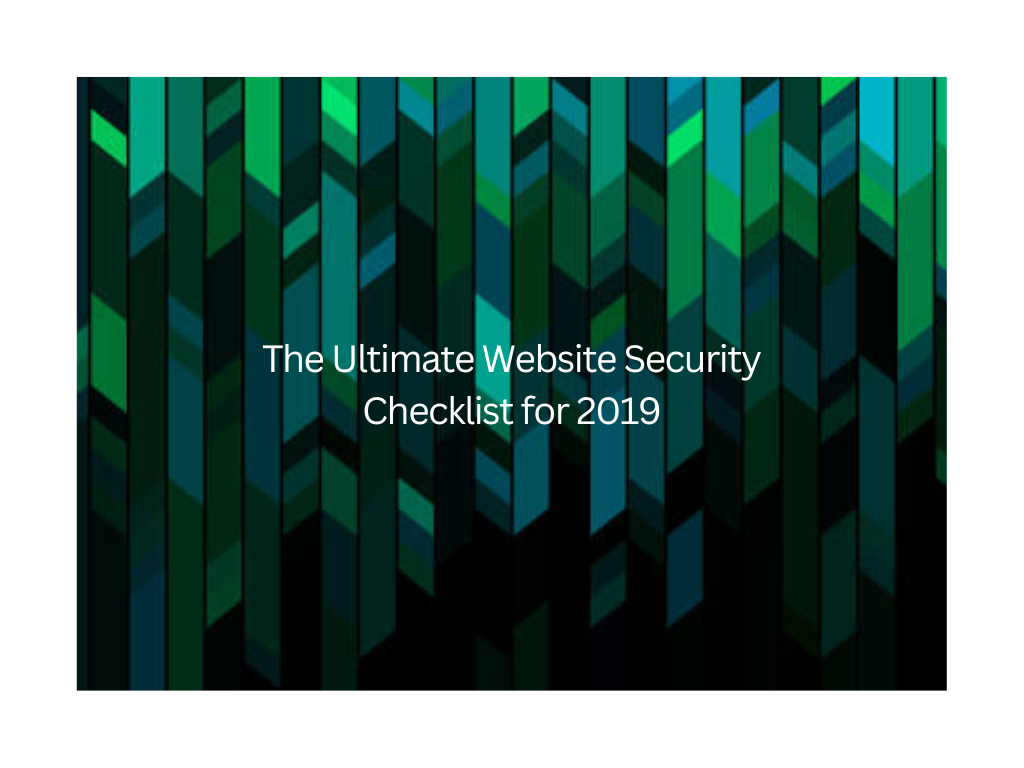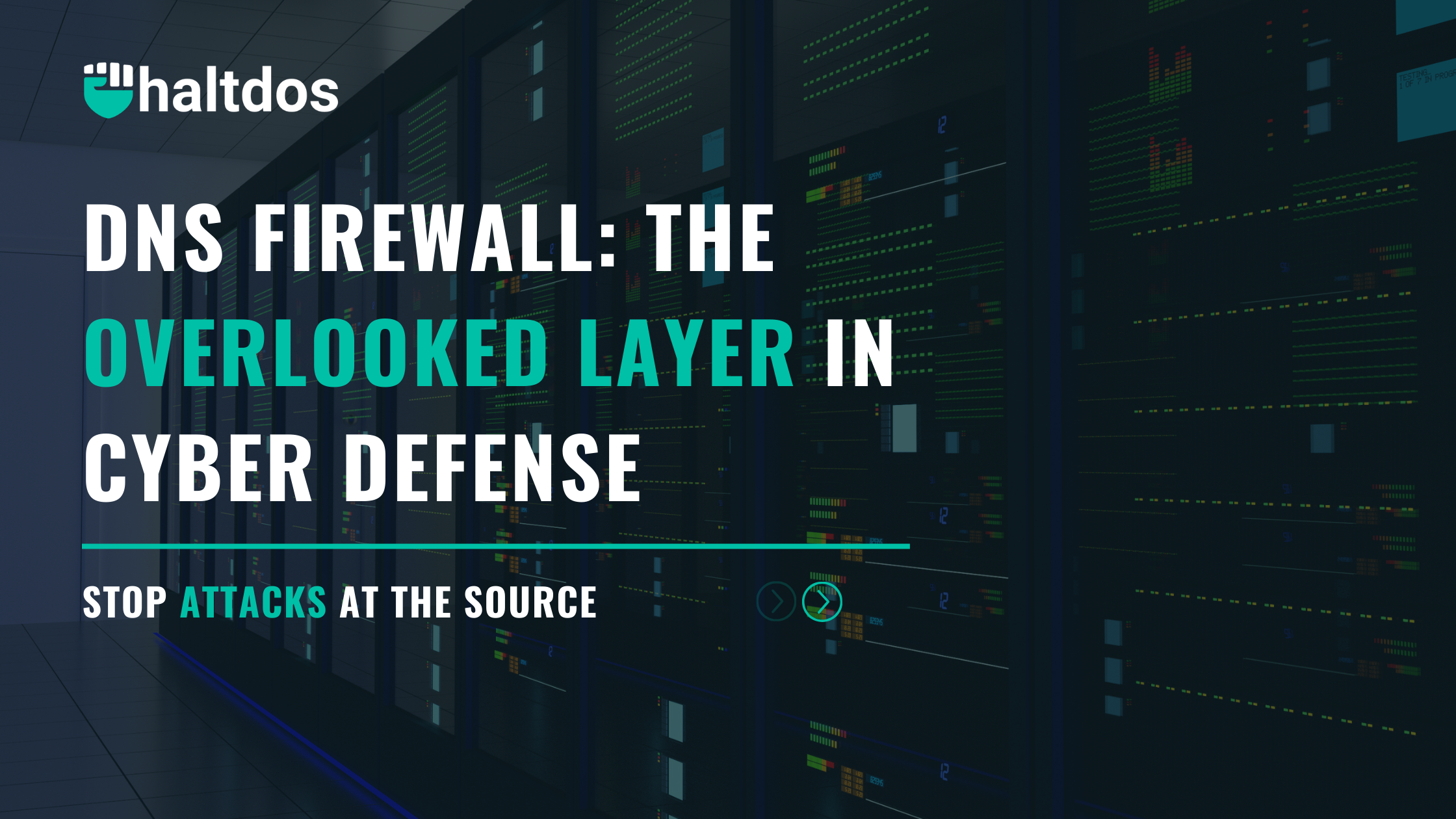From the biggest data breaches and recent DDoS attacks that affected a large number of websites, it is clear that a single mistake in web security can be hazardous for any size of business. If you own a website, you should always take care of preventative measures to protect it from such cyberattacks.
Here, we want to ask you if your website is protected or not? If not, what security measures you should take to ensure your business website is secure from hacking attempts?
For 2019, we have compiled the ultimate website security checklist that can help you strengthen the security for your business website and also protect it from sensitive data exposure and other vulnerabilities:
Update your website on a regular basis
The first and one of the easiest action that can be taken for website security purpose is to update it with the latest versions of software that are being used and this should go on a regular basis. A lot of website updates are designed specially to reduce security vulnerabilities. Check for system software, plug-ins and application software (CMS) updates frequently that can help to reduce the chances of vulnerabilities in your website. Also, make sure your hosting provider provides security updates on a regular basis.
Scan Your Website Periodically For Security Vulnerabilities
Web application scanning is the best way to find vulnerabilities or loopholes in a website that hackers might target. The effective way to check your website for vulnerabilities or threats is to use an online web scanner. You can also perform vulnerability assessment and penetration testing to periodically check implemented security capabilities and apply fixes accordingly to make sure your website isn’t vulnerable and open-to-hack for the hackers. Website scanning is performed by most of the IT organizations to secure their web applications.
Change Your Passwords frequently
You must change your password frequently to ensure the security of your website. Changing your password frequently reduces your risk of exposure and avoids a number of data breaches. You can make a password length of more than 8 characters by using the upper as well as lower case alphabets, numerals and special characters. The longer the password, the stronger is the website security and more difficult for cybercriminals to access your information.
Take backup regularly
Taking backup regularly is also considered as one of the important preventative measures for business risks. If your data is lost or accidentally removed, the recovery could be very costly, or impossible. Hence, it is recommended that take back-up of your website/data on a monthly or weekly basis. Also, secure it while storing it into the database. Backups can make an entire copy of website files and your database so that you can restore or rollback your website to the state it was previously.
Invest in SSL
If you have an online business or e-commerce website, then it is highly recommended to implement SSL security. Investing in quality SSL certificates makes a sense. SSL encrypts the communication between client and server to protect it against any, third-party access. Even Google has also implemented SSL security measures for its browser Google Chrome to make sure all websites should be served over HTTPS.

Use a Web Application Firewall
A Web application firewall can be hardware or software-based. It protects a website or web application from a wide range of application layer cyber-attacks such as broken authentication and sensitive backend data exposure, SQL injection, cross-site request forgery, cross-site-scripting (XSS), file inclusion, bot attacks and many more. It allows you to monitor and manage the website security and also accelerates the website performance.

The recent web application attacks demonstrate the need for modern Web Application Firewall Solution) to protect websites and other Internet-facing applications against the application layer cyberattacks.
Related: Tips to Protect Your Website from Hacking and Google Penalties
Ounce of prevention is worth a pound of cure, right? Thus, every company or a website owner should intelligently invest in security to avoid business risks.



